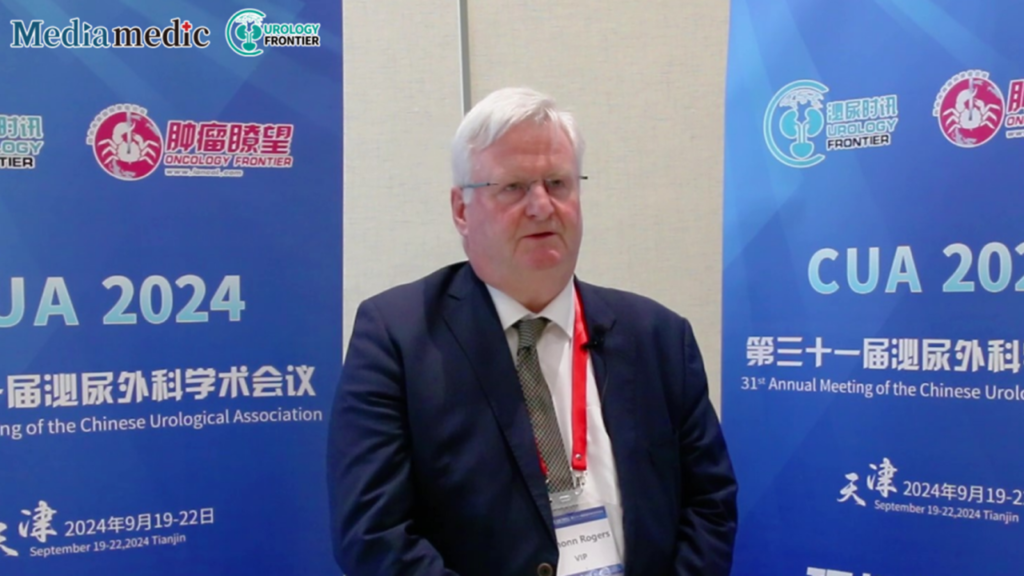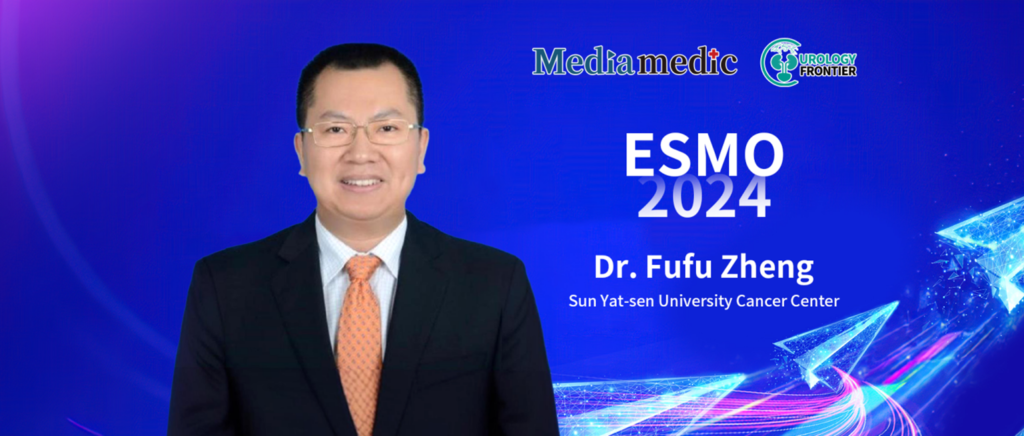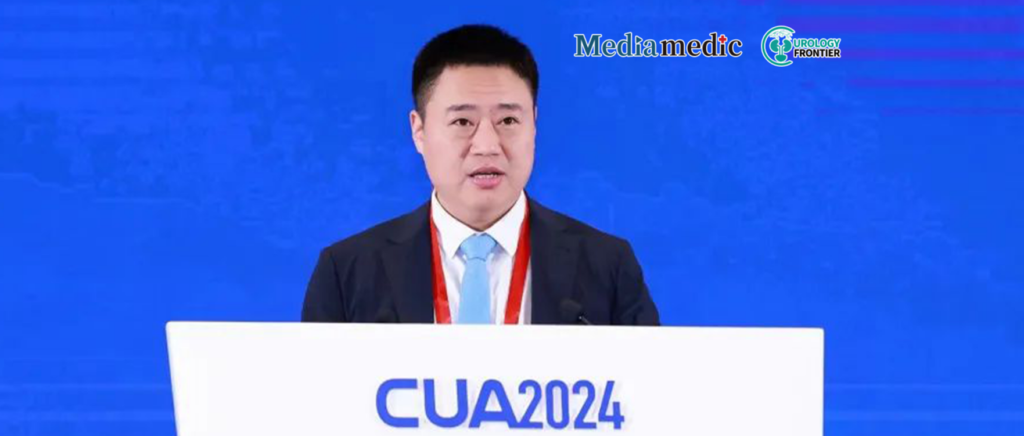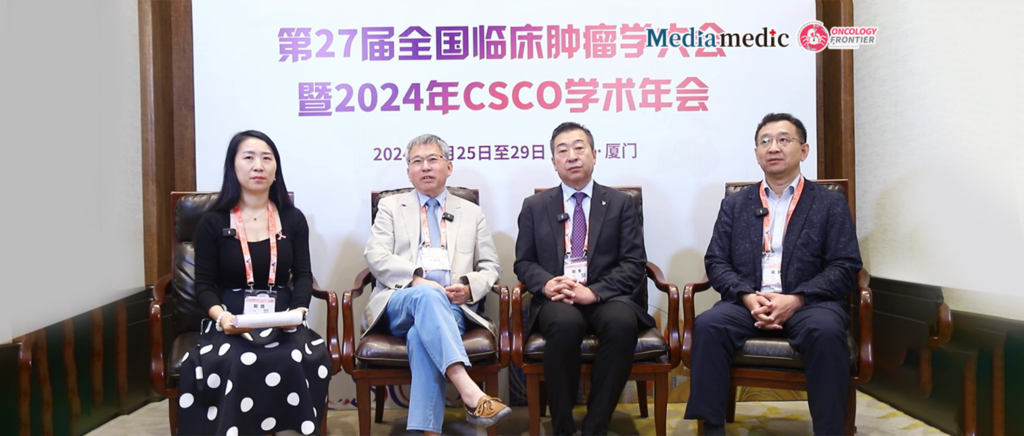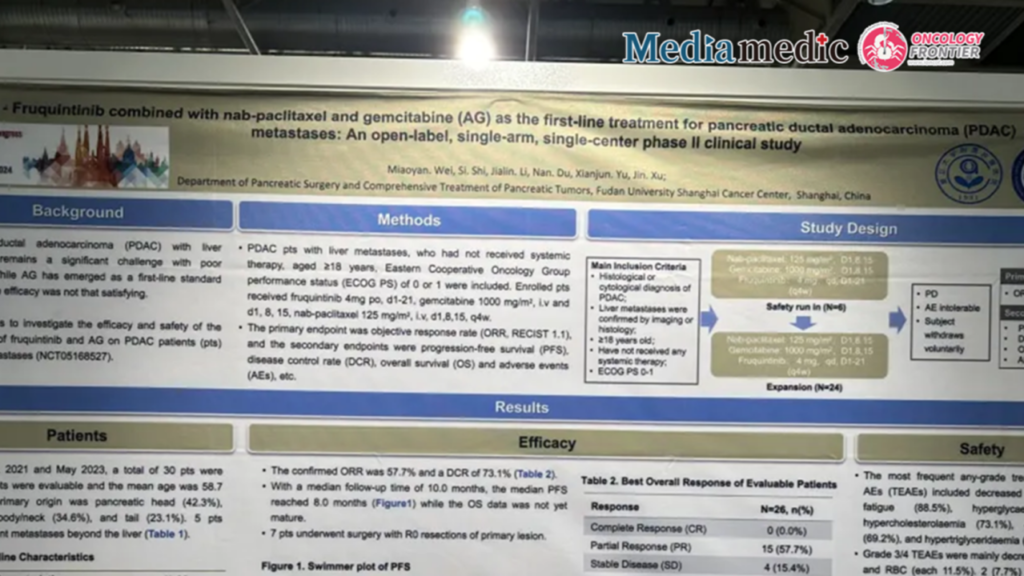CUA 2024 | Dr. Eamonn Rogers: Patient-Centered Care and Exploring Future Strategies for Prostate Cancer
Prostate cancer is a common malignant tumor in elderly men. However, with continuous advancements in diagnostic and treatment strategies, patient survival rates have improved, and patient-centered care has become a key focus in oncology. During the recent CUA Annual Meeting, Urology Frontier invited Dr. Eamonn Rogers from the National University of Ireland to share his thoughts on the future of prostate cancer research, the importance of patient-reported outcomes (PROs), and evolving models of care to meet modern medical challenges.

